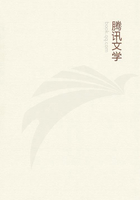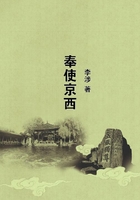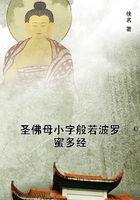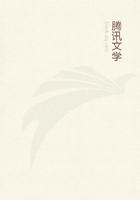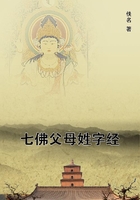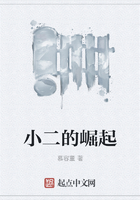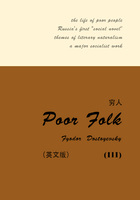To P. Kershaw The village was called Moe-tung. It was on the edge of the big main road which leads from Liao-yang to Ta-shi-chiao. It consisted of a few baked mud-houses, a dilapidated temple, a wall, a clump of willows, and a pond. One of the houses I knew well; in its square open yard, in which the rude furniture of toil lay strewn about, I had halted more than once for my midday meal, when riding from Liao-yang to the South.
I had been entertained there by the owner of the house, a brawny husbandman and his fat brown children, and they had given me eggs and Indian corn. Now it was empty; the house was deserted; the owner, his wife and his children, had all gone, to the city probably, to seek shelter. We occupied the house; and the Cossacks at once made a fire with the front door and any fragments of wood they could find. The house was converted into a stable and a kitchen, and the officers' quarters were established in another smaller building across the road, on the edge of a great plain, which was bright green with the standing giant millet.
This smaller cottage had an uncultivated garden in front of it, and a kind of natural summer-house made by the twining of a pumpkin plant which spread its broad leaves over some stakes. We lay down to rest in this garden. About five miles to the north of us was the town of Liao-yang; to the east in the distance was a range of pale blue hills, and immediately in front of us to the south, and scarcely a mile off, was the big hill of Sho-shantze. It was five o'clock in the afternoon, and we had been on the move since two o'clock in the morning. The Cossacks brought us tea and pancakes, and presently news came from the town that the big battle would be fought the next day: the big battle; the real battle, which had been expected for so long and which had been constantly put off. There was a complete stillness everywhere. The officers unpacked their valises and their camp-beds. Every one arranged his bed and his goods in his chosen place, and it seemed as if we had merely begun once more to settle down for a further period of siesta in the long picnic which had been going on for the last two months. Nobody was convinced in spite of the authentic news which we had received, that the Japanese would attack the next day.
The sunset faded into a twilight of delicious summer calm.
From the hills in the east came the noise of a few shots fired by the batteries there, and a captive balloon soared slowly, like a soap-bubble, into the eastern sky. I walked into the village; here and there fires were burning, and I was attracted by the sight of the deserted temple in which the wooden painted gods were grinning, bereft of their priest and of their accustomed dues. I sat down on the mossy steps of the little wooden temple, and somewhere, either from one of the knolls hard by or from one of the houses, came the sound of a flute, or rather of some primitive wooden pipe, which repeated over and over again a monotonous and piercingly sad little tune. I wondered whether it was one of the soldiers playing, but I decided this could not be the case, as the tune was more eastern than any Russian tune.
On the other hand, it seemed strange that any Chinaman should be about. The tune continued to break the perfect stillness with its iterated sadness, and a vague recollection came into my mind of a Chinese legend or poem I had read long ago in London, about a flute-player called Chang Liang. But I could not bring my memory to work; its tired wheels all seemed to be buzzing feebly in different directions, and my thoughts came like thistledown and seemed to elude all efforts of concentration. And so I capitulated utterly to my drowsiness, and fell asleep as I sat on the steps of the temple.
I thought I had been sleeping for a long time and had woken before the dawn: the earth was misty, although the moon was shining; and I was no longer in the temple, but back once more at the edge of the plain.
"They must have fetched me back while I slept," I thought to myself.

